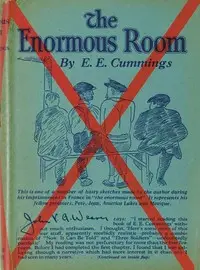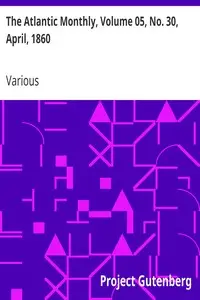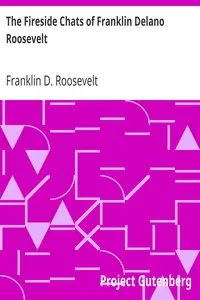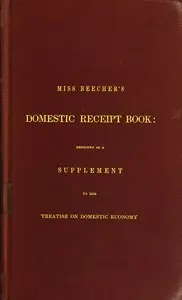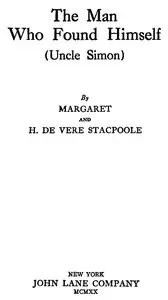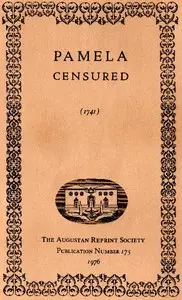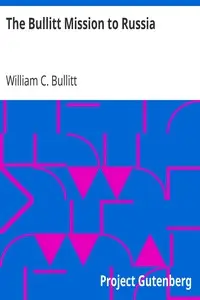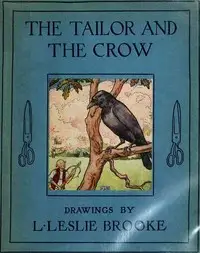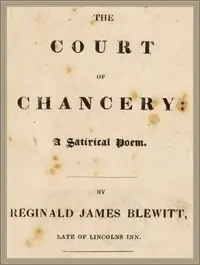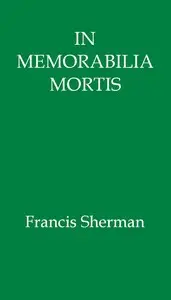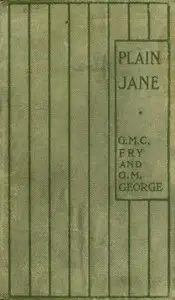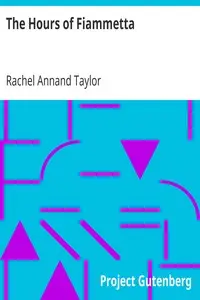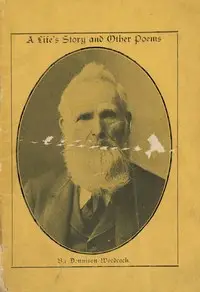"Puella Mea" by E. E. Cummings is a collection of lyrical poetry written in the early 20th century. The book explores themes of beauty, love, and admiration, showcasing the idealization of a beloved figure in the context of timeless romanticism. Cummings employs his signature avant-garde style, using unconventional language and structure to evoke deep emotional resonance. The poem revolves around the speaker's profound admiration for a muse, whom he perceives as more beautiful than the legendary women of history and mythology. With vivid imagery and delicate metaphors, Cummings articulates the speaker's feelings, celebrating the ephemeral and enchanting qualities of love embodied in this lady. The poet contrasts his muse with historical figures, asserting her unique allure while conveying the transitory nature of beauty and existence. Through its rich language and evocative verses, "Puella Mea" captures the essence of appreciation for love that transcends time and space, intertwining vivid imagery with a sense of longing and reverence. (This is an automatically generated summary.)
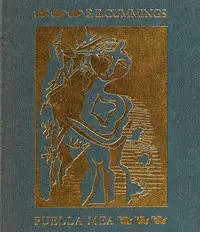
Puella mea
By E. E. (Edward Estlin) Cummings
"Puella Mea" by E. E. Cummings is a collection of lyrical poetry written in the early 20th century. The book explores themes of beauty, love, and admi...
Edward Estlin Cummings, commonly known as e e cummings or E. E. Cummings, was an American poet, painter, essayist, author, and playwright. During World War I, he worked as an ambulance driver and was imprisoned in an internment camp, which provided the basis for his novel The Enormous Room in 1922. The following year he published his first collection of poetry, Tulips and Chimneys, which showed his early experiments with grammar and typography. He wrote four plays; HIM (1927) and Santa Claus: A Morality (1946) were most successful. He wrote EIMI (1933), a travelog of the Soviet Union, and delivered the Charles Eliot Norton Lectures in poetry, published as i—six nonlectures (1953). Fairy Tales (1965), a collection of short stories, was published posthumously.


